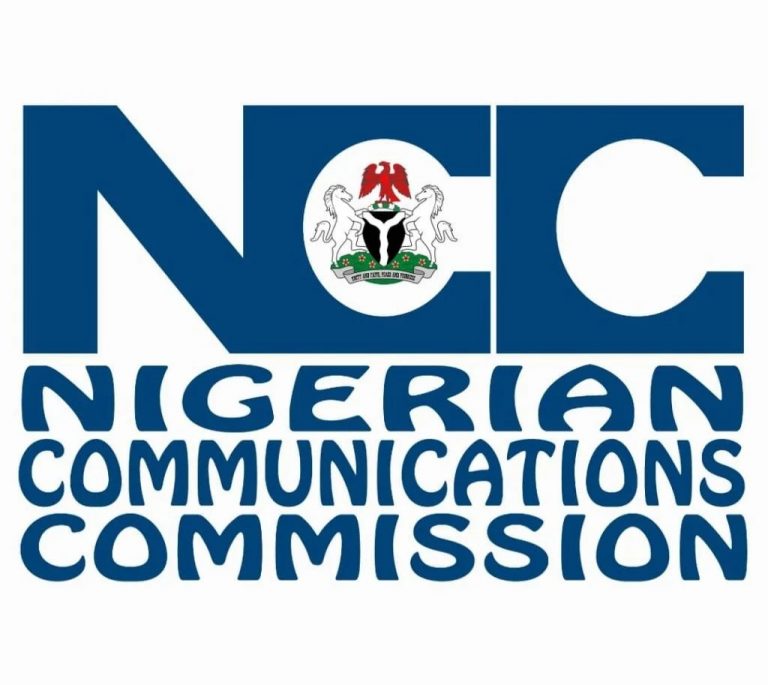Communication
Orange launches start-up incubator in Niger

PARIS – After the CTIC incubator in Senegal and the Ebène project in Mauritius, Orange announces the opening of the first start-up incubator in Niger.
Orange Niger and its local partners have helped to set-up CIPMEN, a small- and medium-sized business (SME) incubator designed to encourage the creation of new and innovative companies in the country.
In sub-Saharan Africa, 85% of SMEs fail within the first two years, but 80% of companies that undergo an incubation process are still operating after five years.
CIPMEN was designed to support small- and medium-sized enterprises from their launch phase until they reach a level of maturity and turn enough profit to fend for themselves in the long term. The purpose of CIPMEN is to help innovative SMEs grow on a market where many companies fail to see the light of day, and to bridge the gap between the informal sector and the larger national and international companies. Niger offers few suitable support mechanisms for upcoming businesses, despite the central role that companies play in creating jobs for young people, helping to form a middle class, and in creating and redistributing wealth.
The incubator will help companies in future-oriented sectors such as Information and Communication Technologies, renewable energy and the environment. The project, initiated by Orange, is a pilot program which should enable the launch of other regional initiatives in Niger.
CIPMEN was inaugurated in late April 2014 at the first Startup Weekend held in Niamey, and during which 80 participants spent 54 hours working on innovative projects.
Communication
Nigeria’s Telecom Market Eyes $11.43bn Value By 2029

In a significant market projection, Mordor Intelligence predicts that the Nigerian telecom sector is set to surge to a value of $11.43 billion by 2029.
The report anticipates a steady growth trajectory with a cumulative average growth rate (CAGR) of 4.70% between 2024 and 2029, based on the current market value of $9.09 billion.
The transformation of Nigeria’s telecom landscape, fueled by government initiatives to boost internet infrastructure and broadband connectivity, coupled with rising data consumption, 5G deployments, and innovative strategies from major telecom players, is expected to drive this substantial market expansion.
The report underscores additional factors propelling the growth of Nigeria’s telecom sector, emphasizing the surge in smartphone adoption.
the report said “Increased smartphone adoption in Nigeria has fueled the development of a dynamic digital services sector. Currently, millions of Nigerians use mobile apps, including social networking sites, e-commerce, and financial services.
“These apps could leverage smartphones’ capabilities to offer speed, convenience, and efficiency, encouraging more people to invest in smartphones.
“In addition to these expansions and collaborations, the growing adoption of digital technologies and government support in aiding the same alongside the 5G technology implementation across the country is analyzed to boost the demand for telecom towers significantly.”
“In addition to these expansions and collaborations, the growing adoption of digital technologies and government support in aiding the same alongside the 5G technology implementation across the country is analyzed to boost the demand for telecom towers significantly.”
Mordor Intelligence highlights that the flourishing e-commerce and digital service platforms in Nigeria are significant drivers behind the escalating demand for dependable telecom services in the country.
Communication
MTN Set To Partially Disconnect Glo Network

The Nigerian Communications Commission (NCC) has granted MTN’s request to partially disconnect Globacom (Glo) from its network owing to unsettled interconnect charges.
Reuben Muoka, the NCC’s Director of Public Affairs, disclosed this in a document named ‘Pre-Disconnection Notice’ on Monday.
The move follows Glo’s persistent failure to clear its outstanding debts despite multiple attempts to resolve the issue.
Under this partial disconnection, Globacom subscribers will solely receive calls from MTN users, while retaining access to other network services like outgoing calls to other networks and data services.
However, they won’t be able to initiate calls to MTN users during this period.
The statement read, “All subscribers are, therefore requested to take notice that the Commission has approved the Partial Disconnection of Globacom to MTN in accordance with Section 100 of the Nigerian Communications Act, 2003 and Paragraph 9 of the Guidelines on Procedure for Granting Approval to Disconnect Telecommunications Operators, 2012.
“At the expiration of 10 days from January 8, 2024, subscribers of Globacom will no longer be able to make calls to MTN but will be able to receive calls.
“The Partial Disconnection, however, will allow in-bound calls to the Globacom network,” it added
Communication
Despite Hardship Nigerians Spent N3.33tn On Calls, Data In 2022

Nigerian telecommunication users, along with others within the country, expended a total of N3.33 trillion on various telecom services such as calls, data, SMS, and more throughout 2022, according to the Nigerian Communications Commission (NCC).
This information comes from the recently published ‘2022 Subscriber/Network Data Annual Report’ by the NCC, which also revealed that telecom companies generated N3.33 trillion in overall revenue for that year.
The report further highlights a noteworthy growth of active voice subscriptions, rising from 195,463,898 subscriptions in 2021 to 222,571,568 by December 2022, marking a 13.86% year-on-year increase.
Commenting on the increase, it said, “The increase in the Operators’ subscriber base was attributed to a number of reasons which includes subscriber loyalty, promos, seasonal effects, aggressive consumer acquisition drive, and competitive product offerings across all the networks.”
It noted that the growth in active subscriptions impacted positively on other derived telecom indicators such as teledensity, Internet penetration as well as broadband penetration.
Data usage also continued its surge in 2022. It increased by 46.77 per cent to 518,381.78TB as of the end of the year.
The NCC stated, “There was an increase in the volume of data consumed at the year-end December 2022 when compared with the year-end December 2021.
“The total volume of data consumed by subscribers increased to 518,381.78TB as of December 2022 from 353,118.89TB as of December 2021. This represents an increase of 46.77 per cent in data consumption within the period.”








